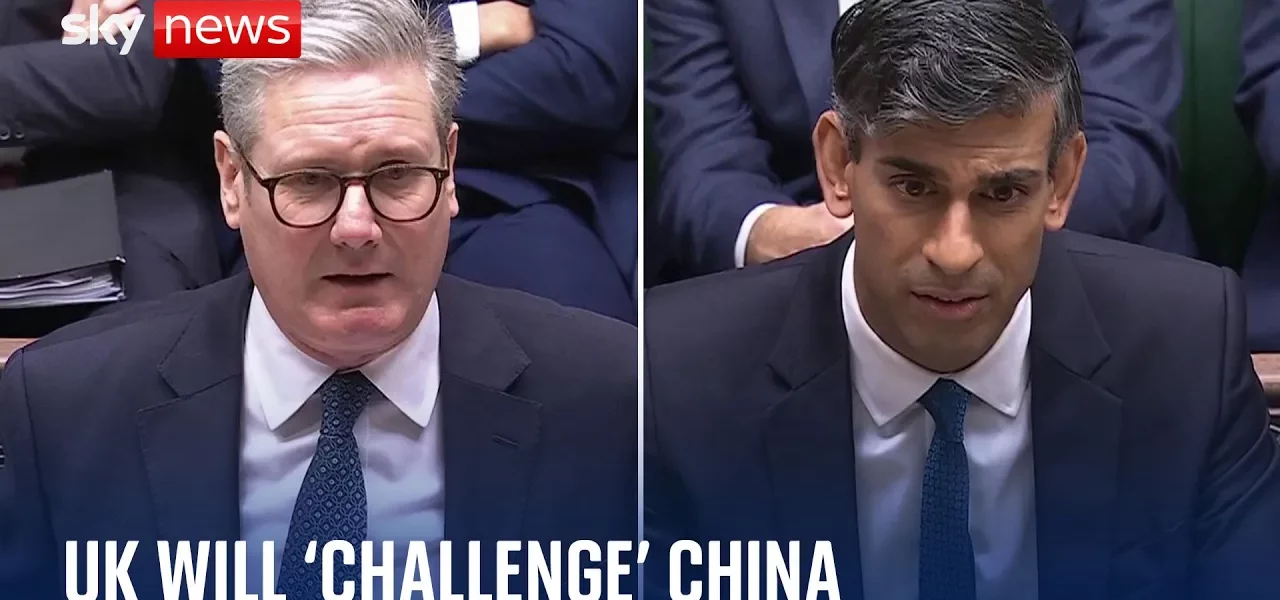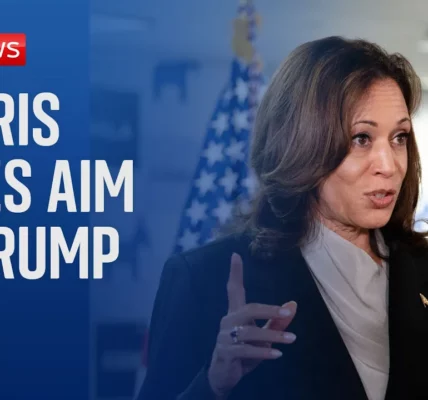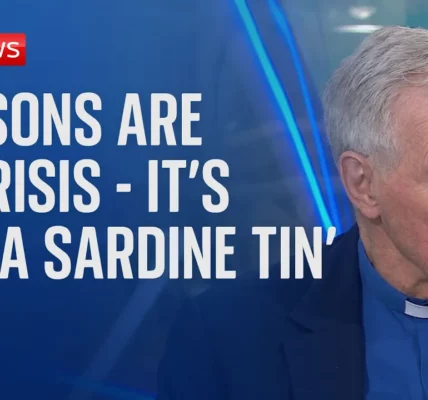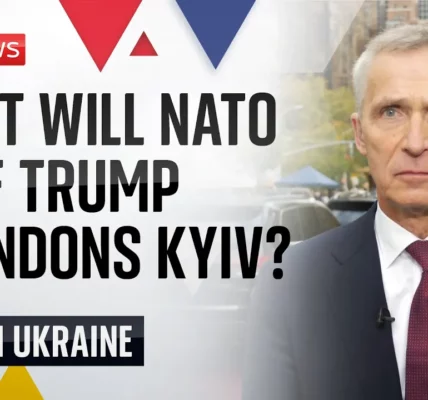China’s Military Exercises in the Taiwan Strait: Implications and International Response

The recent military activities by China in the Taiwan Strait have raised significant concerns among allies, particularly the UK government. This article delves into the implications of these escalatory actions, the response from the UK leadership, and the broader context of international relations surrounding this sensitive issue.
Introduction
The geopolitical landscape in the Taiwan Strait has been increasingly tense, especially with China’s aggressive military maneuvers. As a vital region for international trade and a flashpoint for Sino-American relations, the Taiwan Strait has become a focal point for discussions on national security and human rights. The UK government’s response to these developments, including the implications for democracy in Taiwan and potential sanctions against China, is critical in shaping the international community’s stance on this matter.
Understanding the Military Exercises
China’s recent military exercises in the Taiwan Strait are viewed as unwarranted and intimidatory. These maneuvers have not only raised alarms among Taiwan but have also drawn the attention of global allies, particularly the UK.
Nature of the Military Activities
These military exercises include:
- Live-fire drills
- Naval maneuvers
- Airborne operations near Taiwanese airspace
Such activities are perceived as a direct challenge to Taiwan’s sovereignty and a demonstration of China’s military capabilities.
Concerns from International Allies
Allies, including the UK, have expressed worries about the potential for military conflict and the implications for regional stability. The UK government’s commitment to supporting Taiwan is crucial, especially in the context of maintaining democratic values.
The UK Government’s Response
The UK government has been vocal in addressing China’s military actions and their implications for international law and human rights.
Statements from the Prime Minister
The Prime Minister has condemned the military escalations, stating that:
- Continued military activity is not conducive to peace.
- Stability in the Taiwan Strait is a shared interest among nations.
This highlights a commitment to international cooperation and reinforcing democratic values.
Foreign Secretary’s Role
The Foreign Secretary is expected to utilize meetings in Beijing to:
- Condemn China’s military actions.
- Reaffirm the UK’s support for Taiwan’s democracy.
- Engage in discussions about human rights violations.
These actions are vital in maintaining diplomatic relations while advocating for Taiwan’s sovereignty.
Broader Implications for International Relations
The tensions in the Taiwan Strait have significant repercussions for global politics, particularly concerning China’s role in supporting Russia amid the Ukraine conflict.
China’s Support for Russia
China’s provision of military supplies to Russia raises questions about its commitment to international peace:
- Supplying military microelectronics.
- Facilitating trade that undermines sanctions.
The UK government has indicated a willingness to impose sanctions on Chinese entities involved in aiding Russia, emphasizing a unified international response.
Human Rights and Political Prosecutions
Issues surrounding human rights violations in Hong Kong and the imprisonment of activists have become a focal point for UK-China relations:
- The case of British citizen Jimmy Lai highlights political motivations behind prosecutions.
- Calls for the immediate release of political prisoners have been emphasized.
The UK government must navigate these complexities while standing firm on human rights advocacy.
Conclusion
The situation in the Taiwan Strait remains precarious, with China’s military exercises posing significant risks to regional stability and international relations. The UK’s response is crucial in reaffirming its commitment to democracy and human rights. As the Foreign Secretary prepares for discussions in Beijing, it is imperative to address these challenges head-on. The international community must stand united against aggressive actions and promote a peaceful resolution to conflicts in the region. For further insights on international relations and security, explore our articles on International Relations and Human Rights Advocacy.
“`




